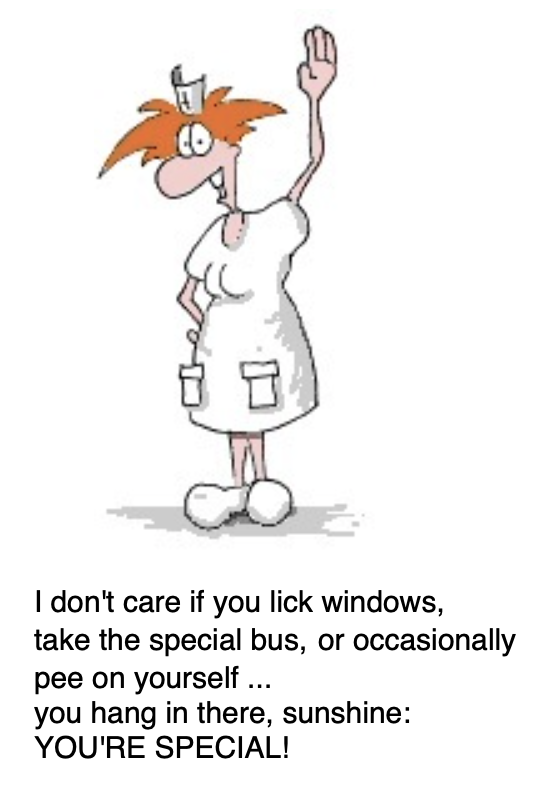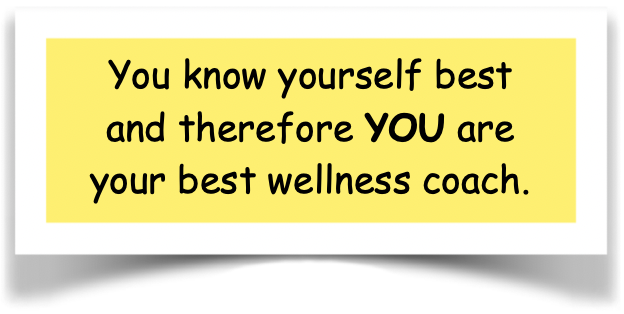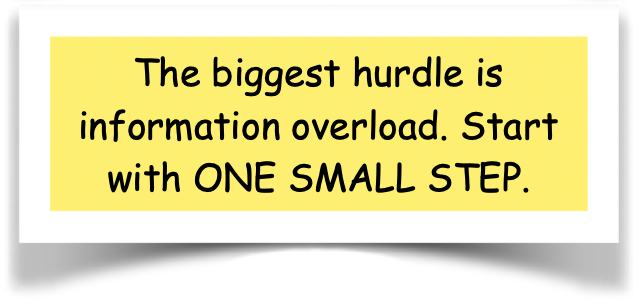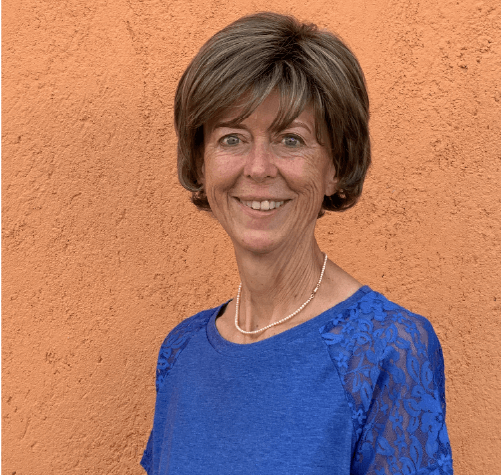2 Giving Up Blind Faith
Feb 10, 2023
2
Being a Serious German
At age 18, I had just finished high school in Germany which is the equivalent of a high school and college degree in the US. As we all know, Germans are not exactly famous for their sense of humor, and I was a good example: all serious, ambitious, punctual, and tense. No way I would have laughed about this cartoon, let alone understood its truth.

My Journey
The year is 1975, and I draw and carve teeth out of plaster in an in-house lab of a dental practice. I can think of 10.000 things that I’d rather do, but I am hoping to get one of the few not officially declared admission spots to a dental school in the Black Forest in Germany. So here I am, working on my manual and visual skills.
As a child, I wanted to become a pediatrician. I loved our family physician, who would show up at our home whenever one of us three sisters was sick. Rain or shine, weekday or holiday, she came to our rescue. She knew how to calm down my mother, give directions, prescribe medications, and see us through our childhood diseases. I wanted to be just like her.
As hormones kicked in, I started picturing my life as an adult. Of course, I would be happily married and would have children. Easter eggs and Christmas trees were riding the roundabout of my imagination. Suddenly, my making-house-calls didn’t fit in so well anymore. That put an abrupt end to my pediatric ambitions. Now what?
I asked my dad, a chemist by trade, which profession he would choose these days. “Dentist”, was his answer. “I like the idea of using my hands as well as my intellect. And I don’t want to be in charge of life-threatening emergencies.” Bingo! Here I go.
Science - not always as scientific as it is made out to be
I learned three things early on in my 40-year career as a dentist, and they changed my view on science.
1. 50% of what we learn at school is wrong. The problem is that we don’t know which 50%.
Let me give you an example: While at dental school in Germany, I did nightshifts at an intensive care unit nearby. Patients with a recent heart attack were under strict bedrest for about a week. No trips to the bathroom, no permission to get up at all. The biggest, potentially mortal risk was considered another heart attack triggered by any physical activity. Years later, guidelines had changed: research had shown that blood clots were the primary reason for subsequent heart attacks, and therefore new instructions came about: mobilize patients as soon as possible.
While there are some timeless truths, many “facts” undergo revision over time and just disappear. This holds true for any field.
2. The most important fact to know about a research article is WHO PAID for the research.
Since the US did not acknowledge my German dental degree, I obtained another one from the University of Pennsylvania. At that time, I already had 14 years of experience as a holistic dentist in Germany. I knew about the health risks of mercury in dental amalgam fillings. I was a junior and chatted with a senior who vented his frustration. He had been involved in research about mercury in dental amalgam fillings. The prevailing information the American Dental Association gave was “no mercury gets released” and “absolutely no health risks involved for doctor, staff, or patient”. Well, as the research project came along, it was clearly demonstrated that mercury was being released in measurable quantities. Next thing you know, the research project was put on hold, never to be resumed again. Now YOU guess who paid for the research.
3. The sobering truth about “on-the-job training”.
ME, some 35 years back: “I am learning this fantastic new method called muscle testing. I think it might be very useful for a lot of things. May I show you?”
Dental patient of mine: “No, thanks, I don’t like to be a guinea pig.”
I couldn’t blame her. When it comes to health and wellness issues, we may feel vulnerable and want an authority figure in charge who just “knows”.
It would be great if doctors were born “knowing” but obviously, they have to be on a path of continuous learning. You may be aware that July is the worst month to check into a teaching hospital because of the influx of inexperienced residents. The head nurse has far more knowledge and expertise than the newbie doctors.
Yes, like all others, medical professionals go through on-the-job training.
Once I had lost my original blind faith in science and research as presented in Western medicine, I was determined to become my own Holistic Wellness coach. I have been honoring Western medicine while integrating other modalities that appealed to me.
Three Take-Home Points
1. Do you wish you had a Wellness Coach? Don’t look far ... 
2. You already have a lot of knowledge about wellness. It is easy to build on that.

3. Improving your self-coaching skills is easy if you don’t get overwhelmed by all the information out there. Don’t reinvent the wheel but choose a learning path that fits your needs.
TODAY'S WELLNESS TOPIC:
Mercury in Dental Amalgam Fillings
In my next newsletter, I will talk about cranial osteopathy / craniosacral therapy.
Over the course of 40-plus years in the medical field and 66 years roaming the planet, I have many topics that I would like to delve into. Please let me know which topics interest YOU so that I can prioritize them: [email protected] 🙏
Warmly, 




